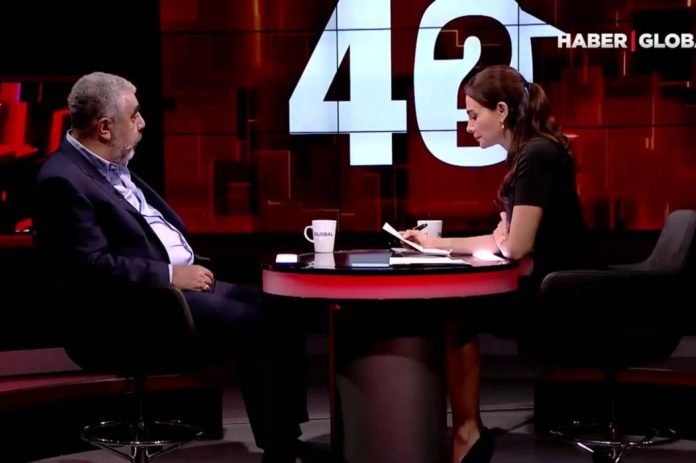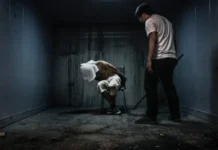Haluk Kırcı, the convicted murderer of seven university students in what is known as the “Bahçelievler massacre,” defended his crimes in an interview aired on the Haber Global news channel on Thursday.
Asked about the murder of the seven students for their political views, Kırcı claimed it was not a massacre. “We went there to take revenge for two of our [ultranationalist] friends who were murdered. Two people lived in that house, not seven. What happened was a result of the internal dynamics of that night,” he said. Kırcı also went on to talk about other political murders that happened at the time and said: “As if only one massacre happened in this country. … This is the one that is always being highlighted.”
On October 8, 1978 seven members of the Labor Party of Turkey were murdered in a house in the Bahçelievler neighborhood of Ankara by a group of ultranationalists including Haluk Kırcı. The incident is widely known as the Bahçelievler massacre.
Asked about whether he was the instigator of an attack on journalist Can Dündar in front of a courthouse in 2016, Kırcı said he wasn’t. “What did they do to him? A man fired into the ground [aiming at Dündar’s legs] and they said I was the instigator. If I were, I would have had him killed. If I were to do it, I would do a clean job.”
Dündar had been arrested and jailed for 92 days along with his colleague Erdem Gül from the Cumhuriyet daily for publishing a story on Turkish intelligence trucks carrying hidden weapons bound for Syria in early 2014. They were arrested on November 26, 2015 and released on February 26, 2016 following a Constitutional Court decision.
Shortly after his release and the attack, Dündar quit his position as the editor-in-chief of Cumhuriyet and left Turkey like scores of other journalists who were under government pressure.
The TV show drew a flurry of criticism. In a tweet Erol Önderoğlu, the Turkey representative of Reporters Without Borders (RSF), called on the Radio and Television Supreme Council (RTÜK) to review the show, saying, “We condemn Haber Global because of this interview, which created the impression that violence works and encourages would-be murderers.”
Journalist Çağlar Cilara tweeted: “In a country where the perpetrator of the Bahçelievler massacre can be hosted on a program without any issues, we are afraid of hosting people who would not even hurt an ant. This is what we are living through.”
Kırcı was convicted in the Bahçelievler case and given a death sentence for each murder in 1988. He was conditionally released in 1991. A court later decided that he had been released “by mistake” and issued an arrest warrant, but Kırcı did not return to prison and became a fugitive.
During the time Kırcı was on the run he got married in the eastern city of Erzurum. The provincial governor, Mehmet Ağar, who would later become interior minister, was his wedding witness. He was apprehended in İstanbul on January 25, 1996 but was able to “escape” the same day.
Kırcı was caught again in 1999. Five years later he was once again released “by mistake,” and an arrest warrant was issued for him upon the objection of the lawyers of the students who were murdered in Bahçelievler. In 2005 Kırcı was apprehended in Ukraine and deported to Turkey. He was sent to prison and released on May 2010 only to be rearrested in February 2011. He was released once again in February 2014.
Kırcı was dubbed “Idi Amin” by the ultranationalists after the notorious dictator of Uganda who, according to the International Commission of Jurists, was behind the death of some 300,000 people.
















